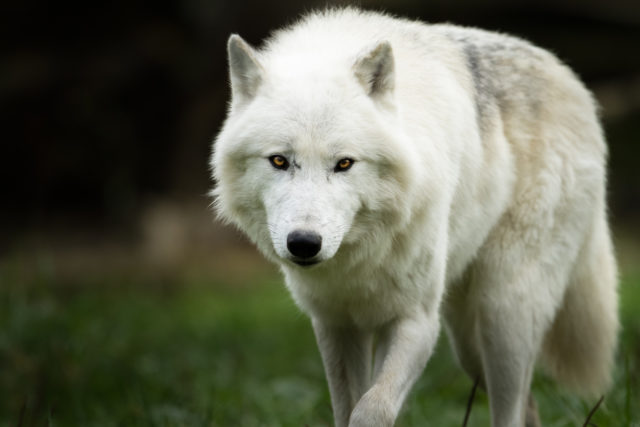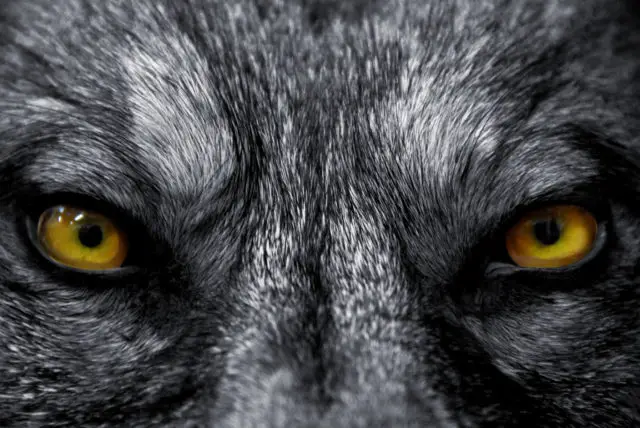
(This week is the 14th installment of the book, “The Band Director’s Lessons About Life”, which TCRN is publishing as a series during 2020. This week, band director and spiritual author Donald Lee relates a parable about seeing the best in everyone. For a complete listing of previous episodes in this series, click here.)
Magnify the virtues, minimize the faults.
EDGAR CAYCE
(Twentieth-century American clairvoyant)
“Mr. Lee, you really don’t know me,” Kaitlyn said with a chuckle and an air of sinister delight. Band class was just starting, and students were filtering into the room and assembling their instruments.
“I know you well enough, Kaitlyn. I just choose to see the best in you, as I choose to see the best in everyone.”
Kaitlyn was reveling in seeing herself as a “bad girl” type. She was one of my best grade-nine band students: a smart girl, fairly dedicated, got good grades, sensitive to others. How bad could she really be? On the one hand, I didn’t want to know the worst. On the other hand, the worst probably wasn’t very bad at all.

Many adolescents are naturally drawn to what we might call “the dark side”—dabbling in all sorts of things they shouldn’t. Kids try stealing, start swearing, discover alcohol, experiment with drugs, and indulge in just about anything that carries the thrill of danger and the threat of social disapprobation. They test their social and emotional power by trying to bully and manipulate others. If they’re unlucky, they give free rein to their budding sexual desires. There’s spiritual curiosity: reading occult books, playing Ouija, holding seances, refusing to attend church. Youth are naturally drawn to the glamor of evil.
Sometimes this gets redirected in a positive way, sometimes not. It’s a time when young people still need lots of guidance, yet they try to reject it because, as you’ve likely experienced, they already know everything.
“So, what should I know about you, Kaitlyn?” I was sure she wouldn’t tell me much. I hoped there wasn’t much to tell.
“Oh, Mr. Lee,” She chuckled and slowly shook her head as she slid the parts of her flute together, “I could tell you stories . . . but . . . no, I don’t think so.”
“Do you do things you shouldn’t?” I made my voice sound sarcastically flabbergasted.
“All the time.” Kaitlyn laughed. “Just not when you can see me.”

Teenage obliqueness. Like many adolescents, Kaitlyn wanted to be open and honest but didn’t want to get in trouble. She wanted to appear sophisticated, but she really didn’t know that much. She desired intimacy but was frightened by its power and vulnerability.
“Kaitlyn, here’s a thought about good and bad.” The class was still assembling. Some students were already listening; others were not. I began anyway.
“There is good and evil within every one of us. This understanding is ancient—going back well before history itself. We are called to choose good and to turn away from evil—to be holy as God, in whose image we are made, is holy.
“As teenagers, you are coming into a greater spiritual awareness than you had as children. So you have a growing responsibility to actively choose the good within yourselves and to turn away from the ‘bad’ thoughts you have. What you think of as ‘bad’ in yourself is perfectly normal. Everyone has that side. You must develop the self-discipline to choose good.
“This idea is also captured in the old story about the two wolves. There are two wolves within each of us: a good wolf and a bad wolf. They are constantly fighting with each other. The wolf who wins is the one you feed.
“So, Kaitlyn, you said that I don’t really know you. I may actually know you better than you know yourself. But just as you can recognize the good, or the bad, within yourself, I can do the same. It’s a choice. I choose to see the good in you. You are filled with goodness. I clearly see that. The bad within you will slowly fade away as both you and I ignore it. We acknowledge the bad within ourselves, but we focus on the good. Feed the good wolf.
“Thanks for being patient with my homily. Let’s play music.”
Reflection
As I explained to the students, every one of us is an amalgam of good and evil. Within each of us dwells the saint and the sinner, the martyr and the murderer. Choose one. Choose well.
Sometimes it’s said that circumstances force our hand. It’s not true. We choose. In the circumstances of each day, in myriad small ways, we choose life or death, virtue or sin, love or hate. Choose love, patience, and long-suffering, and you will gradually raise yourself to sainthood. Choose anger, jealousy, and selfishness, and you will gradually drag yourself into the mud, metaphorically. For as James Allen said in his famous little book, As a Man Thinketh, “Circumstance does not make the man; it reveals him…”4
Acknowledge the bad, the sins, and the weaknesses. They are truly there within each of us. Honesty demands we accept that. But don’t dwell on it. Dwell on the good within you. Pray and meditate on the virtues you most desire to express in your life. Then practice them. There is a saint within you. Let out your inner saint.

Donald Lee is a spiritual author and speaker. This article is part of a weekly series for 2020 in which TCRN is publishing his inspirational book, The Band Director’s Lessons About Life: Volume 1 – 50 Parables on Life’s Performance Cycle, in serial form – one parable per week. You can learn more about the author at his website: www.ComingHomeSpirit.com, or order a copy of his complete book on Amazon, or get his free mini eBook and sign up for his weekly blog. Follow Donald on Facebook.

